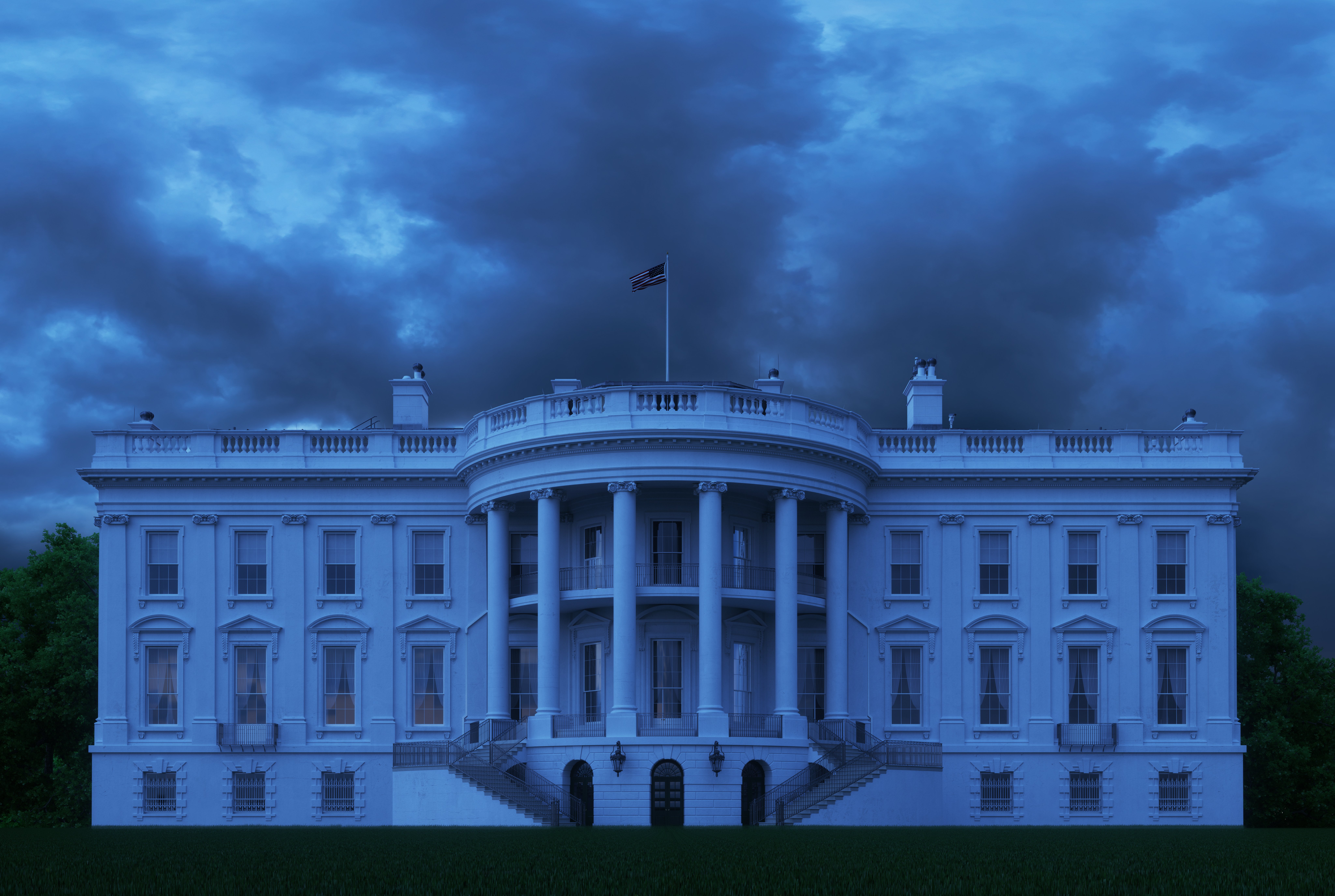Twitter will ban political advertising globally from next month, with founder and CEO Jack Dorsey arguing that the current regime has “significant ramifications that today’s democratic infrastructure may not be prepared to handle”.
We’ve made the decision to stop all political advertising on Twitter globally. We believe political message reach should be earned, not bought. Why? A few reasons…🧵
— jack (@jack) October 30, 2019
His announcement, justified in a long thread on Twitter, puts the micro-blogging site in stark contrast to Facebook, whose CEO recently ruled out banning political ads, arguing the move would favour incumbent politicians.
Refuting that point Dorsey said “many social movements reach massive scale without any political advertising”.
The move was welcomed by the Democratic candidate President Donald Trump defeated in 2016, Hilary Clinton, who said on Twitter that “This is the right thing to do for democracy in America and all over the world”.
A few hours earlier Clinton also took a swipe at Facebook saying: “Facebook’s decision to allow false information in political advertisements is appalling. Voters are being confronted by millions of pieces of misinformation. A world where up is down and down is up is a world where democracy can’t thrive.”
While Trump, a prolific tweeter with more than 66 million followers, has yet to respond, a spokesperson for his re-election campaign labelled it as “another attempt by the left to silence Trump”.
The Twitter ban will take effect from November 22. Dorsey promised to release the company’s full policy on the ban by November 15.
The US goes back into campaign mode shortly with the 2020 presidential election due in November 2020 amid an ongoing debate about fake news and misinformation in political campaigning and heightened concerns about political interference via social media by outside nations seeking to influence voter outcomes.
Dorsey’s statement on the ban statement says:
“For instance, it‘s not credible for us to say: “We’re working hard to stop people from gaming our systems to spread misleading info, buuut if someone pays us to target and force people to see their political ad…well…they can say whatever they want!
“This isn’t about free expression. This is about paying for reach. And paying to increase the reach of political speech has significant ramifications that today’s democratic infrastructure may not be prepared to handle. It’s worth stepping back in order to address.”




















Trending
Daily startup news and insights, delivered to your inbox.